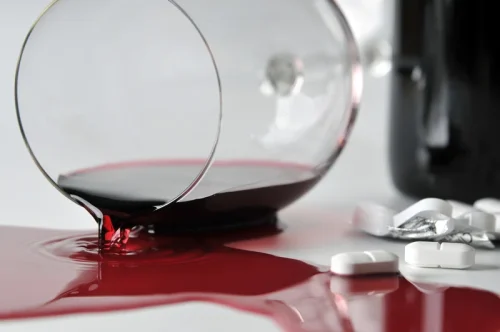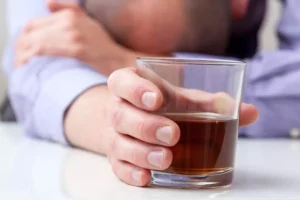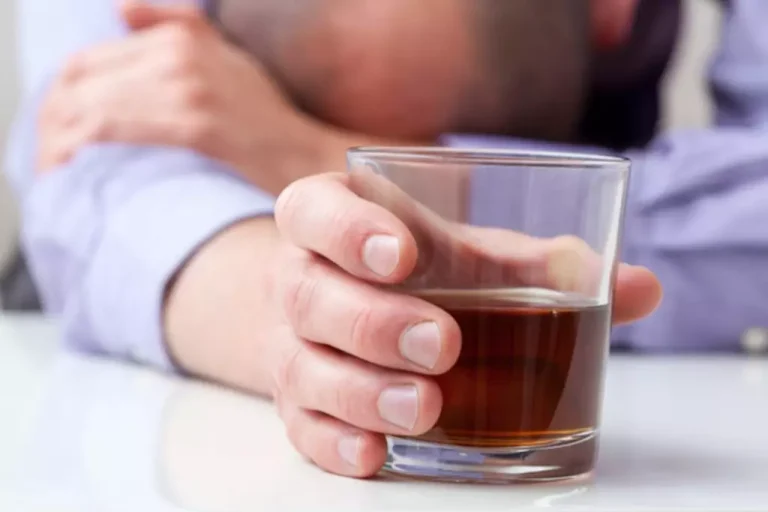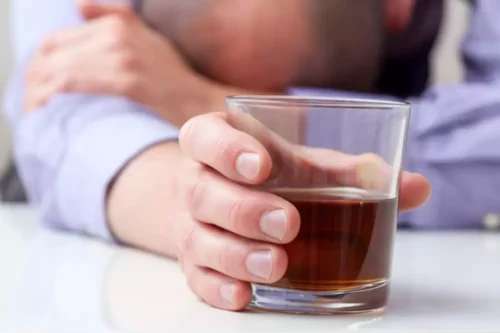¿Quieres disfrutar de la energía solar?

Experts say that, as we mature, our skin cells biologically age and hormones drop; midlife Estrogen levels fall for women and testosterone for men diminishes. The cell’s slow regeneration in the epidermis leads to thinner and drier skin. The hangover may be a distant memory, but undoing its effects is a long process– made easier by retinol.
Does alcohol darken skin?
- Drinking alcohol can cause symptom flare-ups making these chronic diseases more difficult to treat.
- The survey, carried out by Alcohol Change UK, found that 70 per cent of people who took part in Dry January and used the charity’s app were drinking less, six months later.
- ‘This growth and support hormone is released during the most restorative stage of sleep, known as REM.
- ‘It causes glycation, which involves sugar molecules in the blood stream attaching to proteins to form advanced glycation end products(AGEs),’ says Dr Mun.
You know, hangover anxiety that comes along the second you wake up after a night out? This could feel like party regret, haste to get your affairs in order, or stress surrounding your physical state (headache, stomach discomfort, etc.). Is a licensed and practicing pharmacist and medical writer who specializes in different substances, the effects of substance abuse, and substance use disorder. Alcohol not only dehydrates your skin but also your hair and hair follicles. This can lead to hair becoming brittle and prone to damage, as well as hair loss. Combined, the higher oil levels and inability to fight off acne-causing bacteria may result in more frequent breakouts.
- Dehydration is a biggie when it comes to dry skin, puffiness, and management of skin conditions like psoriasis or rosacea.
- We know it’s tempting to climb straight into bed after a late night, but your skin will thank you for giving it the attention it needs.
- Don’t fret too much, however—after this, your skin will usually start to regain its healthy glow.
- Do this by incorporating relaxing activities into your next morning—think yoga, breathwork, a walk outside, watching your favorite show, etc.
- Take our short alcohol quiz to learn where you fall on the drinking spectrum and if you might benefit from quitting or cutting back on alcohol.
What are the short and long-term effects of alcohol on the skin?
Anyone who has any of these conditions can tell you they are uncomfortable and potentially embarrassing. Avoiding alcohol, however, can help keep the condition from worsening. This genetic trait is uncommon and occurs most frequently in Asian people, particularly those of east asian descent. It also occurs more commonly in people who have asthma or Hodgkin’s lymphoma.
Support

And for those who aren’t interested in giving up drinking entirely, a few simple steps can help protect your complexion. At Bedrock Recovery Center, we know how hard it can be to seek addiction treatment for yourself or a loved one. Every rehab center will have its own unique offerings when it comes to alcohol use disorder treatment, but there are certain services you can expect to find at most treatment centers. The best way to avoid getting an alcohol-induced rash or other allergic reaction to alcohol is to avoid alcohol consumption altogether.

Alcohol and Skin Health: The Undeniable Connection

In addition, the high sugar levels of cocktails can also leave skin looking dull and sallow. So next time you’re perusing the menu on a night out, bear in mind that a Margarita is the worst offender as it contains sugar and salt, both of which can leave skin puffy. If a person spends the night drinking, they may also stay up late or not sleep at all.

Up your vitamin intake
Moderate drinking is defined as 14 or fewer drinks per week for men, and seven or fewer drinks per week for women. It’s rare, but the palms of your hands — and maybe how alcohol affects your skin the soles of your feet — might turn red for no reason. It can be genetic, but it could also result from medication, liver disease, or heavy alcohol use.
- People who experience this side effect have a mutation of aldehyde dehydrogenase 2 (ALDH2), a detoxifying acetaldehyde.
- Dr Morrison adds that if you suffer from the skin condition rosacea, alcohol will likely exacerbate your symptoms.
- Alcohol disrupts iron metabolism, a major factor in PCT, a rare skin condition causing fragility, blistering, and scarring.
- “Alcohol triggers inflammation1, which may result in dilation of blood vessels in the face and subsequent flushing, which may become permanent if it happens repeatedly over long periods of time,” Marcus notes.
- Excessive alcohol use accelerates the aging process in your skin and decreases your overall skin health.
- A 2014 study in the journal Clinical Endocrinology found that alcohol disrupts the body’s fluid balance, leading to water retention in the skin.
